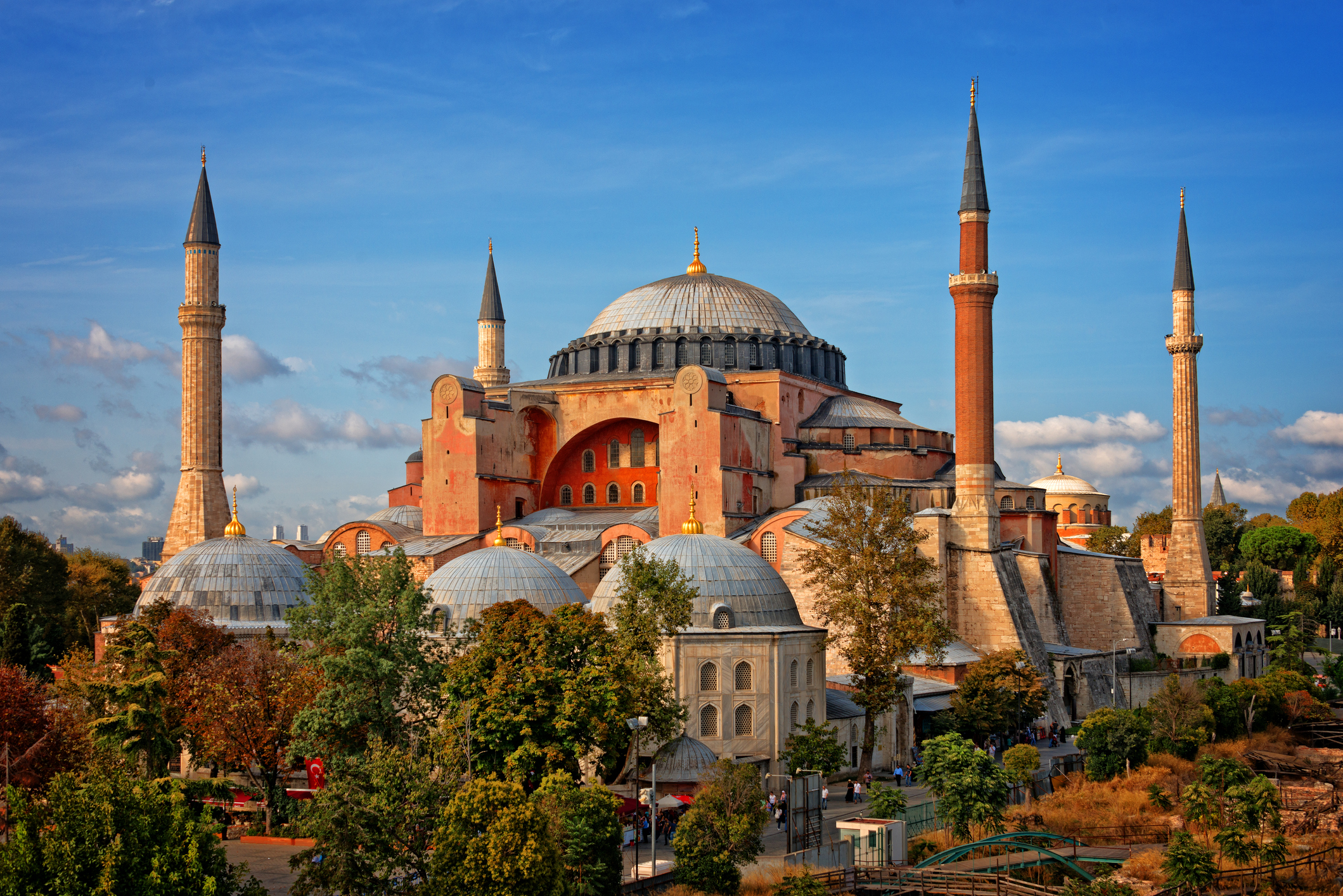UNESCO recently expressed “grave concerns” over Turkey’s actions last year, in changing the status of Hagia Sophia from a museum into a mosque. It requested a report from the Turkish government regarding the changes. Turkey, however, rejected its criticisms.
In a statement issued following the 44th Session of the World Heritage Committee, which took place in China, the committee also said that Turkey’s government had ignored repeated calls by UNESCO to observe the organisation’s guidelines on World Heritage sites. It called on Turkey to join in dialogue before any other radical changes were made to Hagia Sophia, saying that it “deeply regrets the lack of dialogue and information” and requesting that the Turkish government should inform UNESCO before implementing any changes in the future.
Turkey’s Foreign Ministry responded: “Turkey disassociates itself from the relevant articles of the decision on the ꞌHistoric Areas of Istanbulꞌ based on biased, unfair wording prepared with political intentions” and insisted that “no negative impact” was felt from the changes to Hagia Sophia.
It added that it was “fully aware of its rights, prerogatives and responsibilities towards its properties on UNESCO World Heritage List.”
Turkish President, Recep Tayyip Erdogan, celebrated the anniversary of the mosque’s reopening tweeting: “Congratulations once again on #HagiaSophia’sResurrection, the symbol of the rising of our civilisation’s sun. Praise be to our Lord, who showed us these days…”
Medeniyet güneşimizin yeniden yükselişinin sembolü olan #AyasofyanınDirilişi bir kez daha hayırlı olsun. Bizlere bu günleri gösteren Rabbimize hamdolsun…
İnşallah bu ulu mabedin kubbelerinden ezanların, salavatların, hatmi şeriflerin sesleri kıyamete kadar eksik olmayacak… pic.twitter.com/7wUivL4Rft
— Recep Tayyip Erdoğan (@RTErdogan) July 24, 2021
Hagia Sophia, known locally as Ayasofya, was built as a Christian place of worship by Byzantine Emperor, Justinian, between 532-537 and was the largest cathedral in the Byzantine Empire. Istanbul – then known as Constantinople – was its capital. In 1453, the Ottomans captured the city, making it their third capital, and converting the cathedral into a mosque. In 1923, Mustafa Kemal Atatürk founded the Republic of Turkey as a secular republic. In 1934 he signed an edict, changing the status of Hagia Sophia from a mosque to a museum. Following a long court battle by Erdogan’s government, in July 2020, it was announced that Ayasofya would reopen as a mosque and on 24th July 2020, Friday prayers were held here for the first time in 86 years.


















